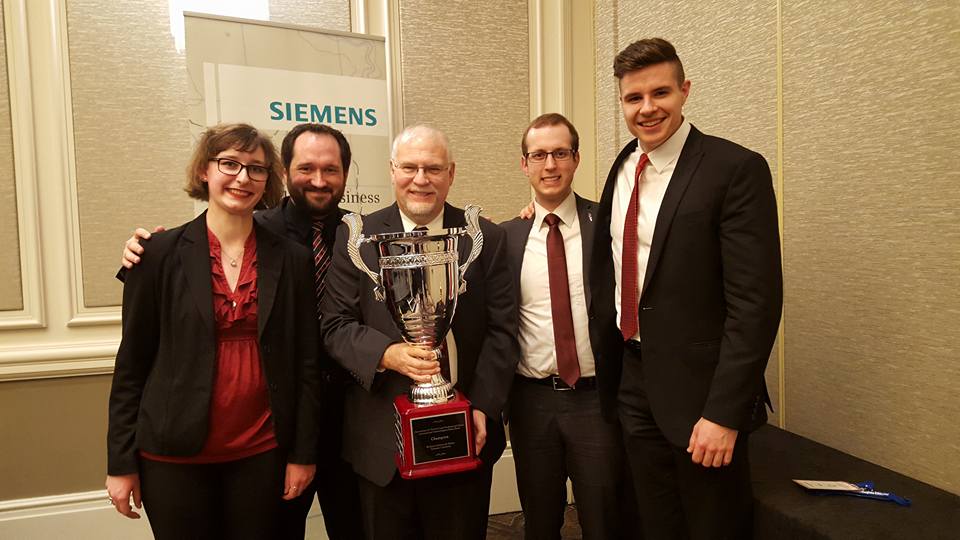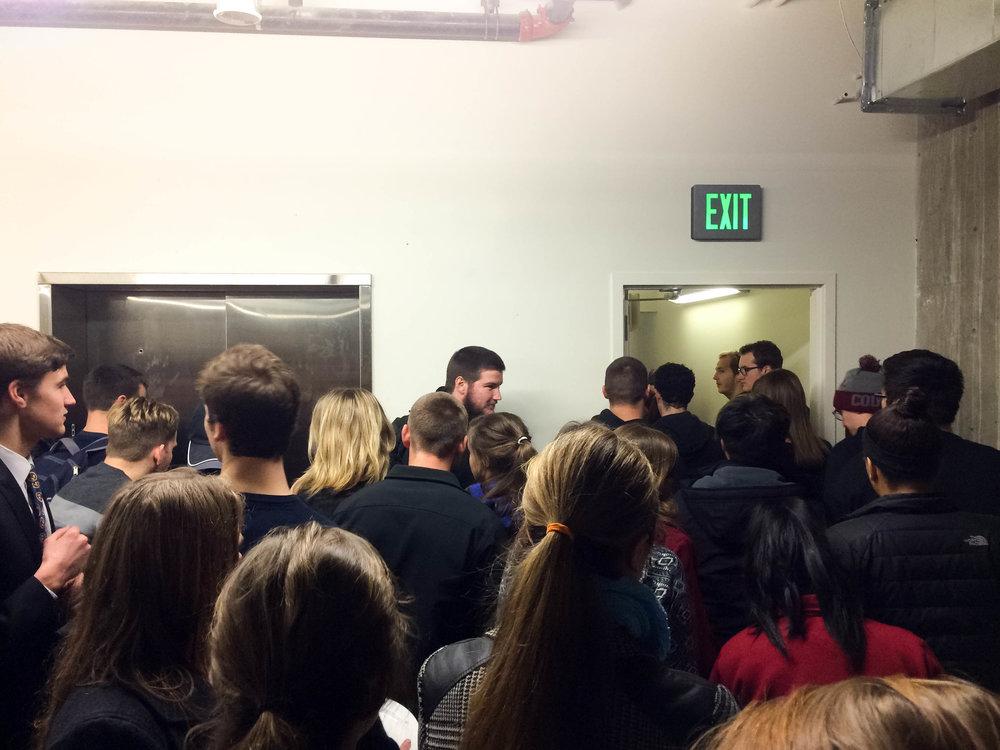Whitworth University has 921 students majoring in some category of the sciences. This is nearly 40 percent of the 2,349 undergraduate students. This number has been growing since 2011.
After the construction of the Robinson Science Hall four years ago, the health science major gained 52 more students in the program than the previous year according to the 2015 Whitworth University Fall Factbook.
Other science majors currently have more seniors in each of their departments than other grade levels. Seniors compose 33 percent of the students in the biology major. Chemistry seniors make up 39 of the 83 members of the department. They were the first graduating class after the dedication of the building, perhaps showing the effectiveness a new building can have.
“The architects, who had just done SPU’s new science area, told us that when a campus builds a new science building there is a kind of honeymoon period for an influx of science majors,” biology chair Craig Tsuchida said.
Students responses to the building indicate that this theory was accurate for Whitworth. “Robinson was one of the places they gave me tour of and seemed to want to sell me on and I have to say it worked,” senior Jordan Holmes said.
Another reason for the number of students in the sciences is the diversity within the de- partments. There are 22 subdivisions of science majors—including mathematics and engineering—that are offered. Of 600 students, 45 percent of the freshman class of 2019 declared themselves as one of these science majors, according to the admissions department.
Most of the 270 incoming students in the sciences declared in nursing, pre-medicine and biology.
These three majors within the science department accounted for 113 or 42 percent of the total science-related majors, according to information supplied by Admissions Vice President Greg Orwig.
Whitworth also has added four science majors since 2009.
In 2009 Whitworth added a health science major. Currently 182 students, nearly eight percent of undergraduate students, are health science majors, according to the Fall Factbook.
The number of health science majors has grown nearly every year since being added to the catalog, according to the Fall Factbook.
However, these additions do not usually take away from other departments, but the sciences as a whole.
“We have a lot of students who come into the biology program wanting to be a doctor. But a lot transfer over to health science to pursue another form of healthcare,” Tsuchida said. “We used to have a lot more students who just stayed in our department to get those degrees.”
The department sees a lot of those students who just change majors because of grades and the difficulties, according to advisors across majors.
“The two main reasons I get for students choosing this major is they loved the subject in high school and that they want to work in the health care field,” Tscuchida said.
The latter may be a main cause. Some students choose the major because the United States is pushing for more scientists and health care positions, senior Rob Thullen said. In June 2015, 14.2 percent of job listings were for health care practitioners and technicians, according to an Indeed report of the Talent Driven Economy.
Contact Parker Postlewait at ppostlewait16@my.whitworth.edu









 Spokane?
Spokane?